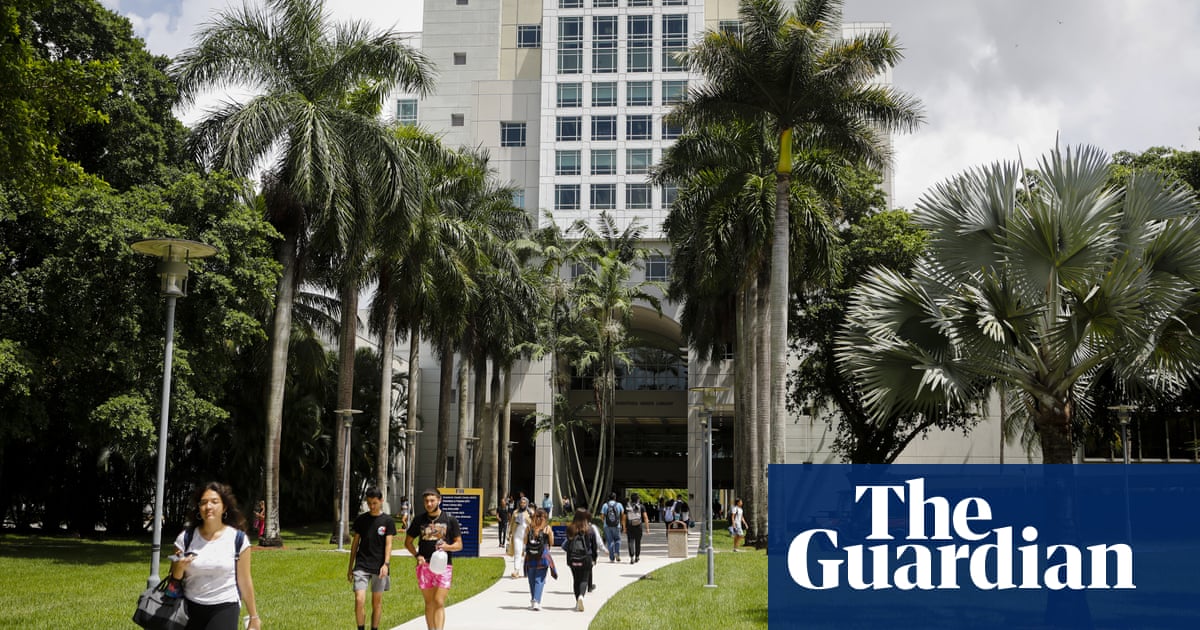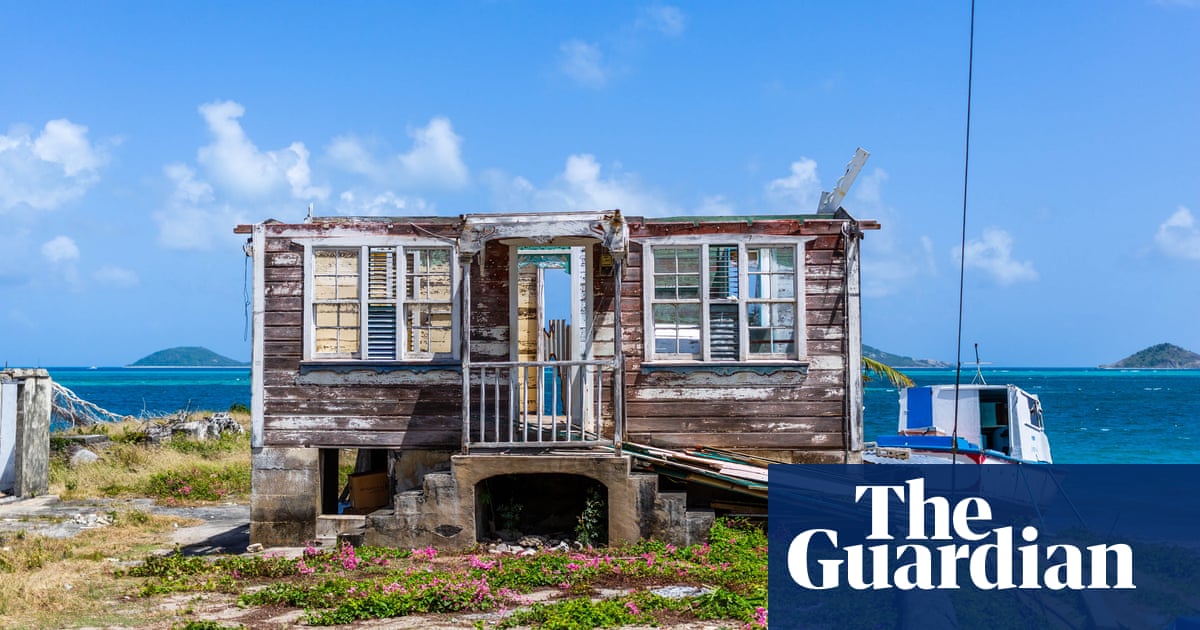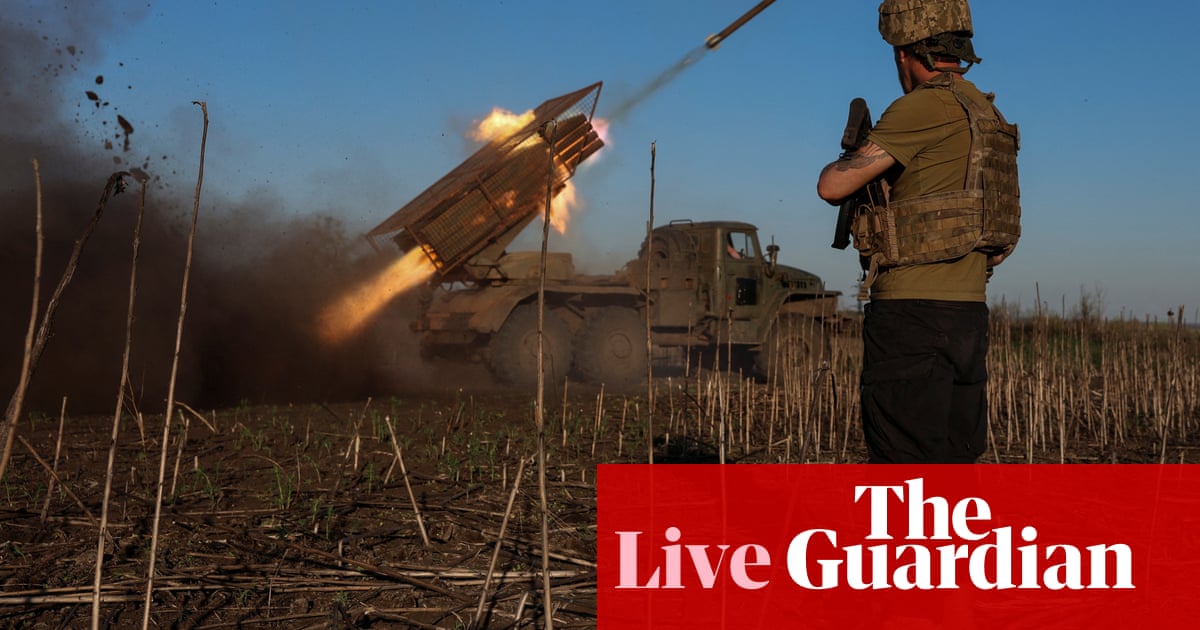Donald Trump’s announcement on Monday that he was suspending the nation’s refugee resettlement program from 27 January – and then on Wednesday that even those who were approved for travel to the US before then have now had their plans canceled – has left US advocacy groups shocked, but hardly surprised.
Many organizations had been working around the clock ever since the election to try to resettle thousands of refugees as quickly as possible before the new administration.
“The refugee program fulfills America’s profound moral leadership to ensure that the most vulnerable refugees are safely resettled. The administration’s decision leaves refugees in danger,” said Eskinder Negash, president and CEO of the US Committee for Refugees and Immigrants.
Such news had been dreaded for months.
“The conversations once the election was over became more in earnest,” said Dan Hannaher, field office director of Global Refuge, an agency in Fargo, North Dakota. Organizations were calling each other urgently.
“There were national calls of ‘please check your capacity, see what you can do, and let us know if you can [take on more cases]’,” said Hannaher. Global Refuge has hurriedly resettled 55 people in the last few weeks who had been vetted and approved for travel and made it to the US under the wire before Trump 2.0.
Exodus Refugee Immigration, an advocacy organization in Indianapolis, had put itself on an accelerated footing, working intensely to speed up the resettlement in their area of refugees approved for entry into the US in the last two months before Trump’s inauguration.
“We probably said we could take 250 or 300 … in [just] a couple of months compared to the 700 we would [typically] have accepted throughout the year,” said Cole Varga, the CEO of Exodus Refugee. As of last Friday, the group had welcomed 226 arrivals to its Indianapolis office since November, and its Bloomington office had also taken some additional refugees.
An estimated 10,000 refugees previously approved for entry already had travel arrangements to come to the US when Trump signed the executive order on Monday announcing the suspension of the refugee resettlement program, CNN reported on Wednesday morning, citing data and unnamed officials and other sources.
Their countries of origin are not publicly available but many were likely due to arrive from Afghanistan, Syria, Myanmar, Venezuela and parts of Africa, particularly the Democratic Republic of Congo.
“All previously scheduled travel of refugees to the United States is being cancelled, and no new travel bookings will be made. [Resettlement support centers involved in refugee applications overseas] should not request travel for any additional refugee cases at this time,” according to a state department memo obtained by CNN.
The secretary of state and the secretary of homeland security could “jointly determine” to admit refugees on a case-by-case basis, according to the Trump administration, but only so long as they determine it is in the “national interest” and the case does not pose a security threat.
Advocates do not anticipate those acceptances will happen often. In three months’ time, the secretary of homeland security will submit a report about whether the resumption of the program is in the best interest of the country. But the final word will be up to the president.
In Massachusetts, Rabbi James Greene, chief executive officer at Jewish Family Service of Western Massachusetts, a social services organization in Springfield, said the group had resettled more than 100 refugees since election day.
“Our belief is that welcoming the stranger is not just part of our vision, but is part of what it means to be in American society,” he said.
Greene said each of his 100-plus-person staff had been working around the clock. He picked up one of his last families last Friday before the new administration.
“Bringing families into the fold of a new community means equipping them with a temporary place to stay, like a hotel or apartment, assisting with basic needs like food and trauma services,” he said.
The bleak memory of Trump gutting resettlements and funds in his first administration remains fresh to many staff, Greene said.
after newsletter promotion
His organization welcomed 947 refugees in 2016, Barack Obama’s last year in the White House before Trump 1.0. By 2020, Varga estimates it was down to 150.
Hannaher said his organization saw “more of a trickle than a good stream of arrivals” under Trump.
Varga recalls about 300 US refugee assistance organizations shrinking to about 200.
In 2020, only 11,814 refugees were admitted to the US, compared with 84,994 in 2016, according to state department data.
Refugees often spend decades in camps abroad. If they attempt the US application and resettlement process with the US Refugee Admissions Program, there are years of rigorous background and medical checks overseas.
“Refugees are more vetted than anyone [else] coming into the country,” said Varga. He and Hannaher said the country with the greatest resettlements in their regions has been the Democratic Republic of Congo.
As of December, there were 517,405 refugees waiting in camps in that country, according to United Nations Refugee Agency data.
Each refugee is allotted $3,000 by the federal government through a resettlement agency, to pay for case workers, housing and other immediate needs over three months.
Before Monday, the state department told the Guardian in a statement: “The US Refugee Admissions Program continues to operate under a Presidential Determination of 125,000 refugee arrivals for fiscal year 2025.” The federal government’s fiscal year runs October to October. More than 27,300 refugees were resettled between 1 October and 31 December 2024, the first quarter of the fiscal year. The number for January was not yet available and everything has now abruptly changed, with new arrivals now suspended.
Greene said he keeps a poem called Home by the British-Somali poet Warsan Shire on his desk, reminding him of what refugee families have gone through to reach the US.
“No one puts their children in a boat unless the water is safer than the land,” he quoted. “The journey has been long – and hard.”

 2 months ago
45
2 months ago
45













































